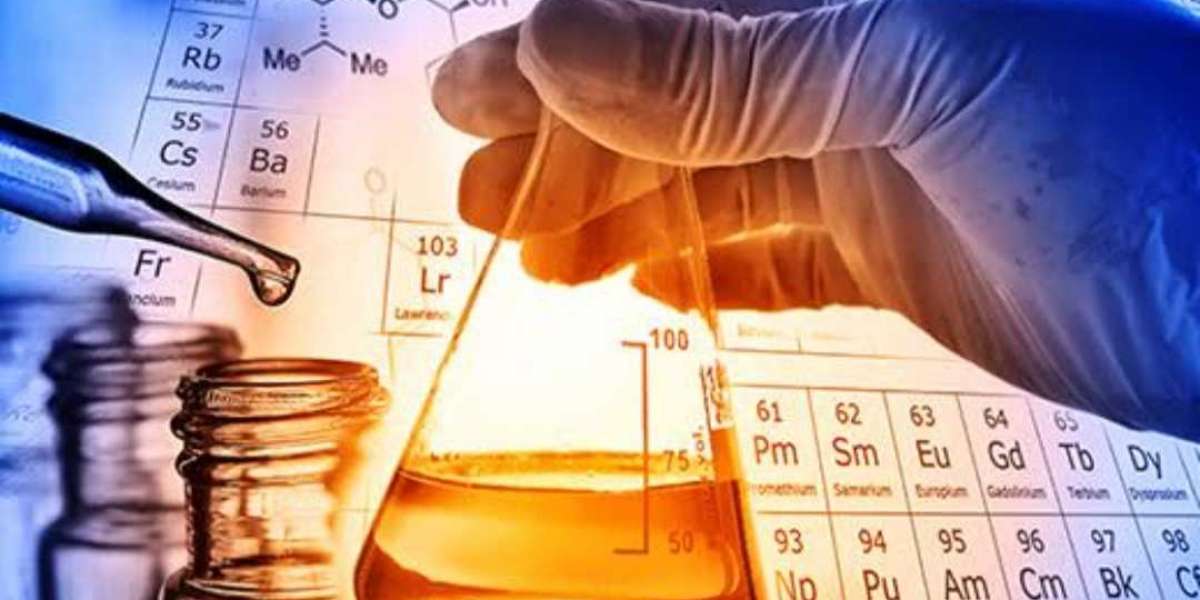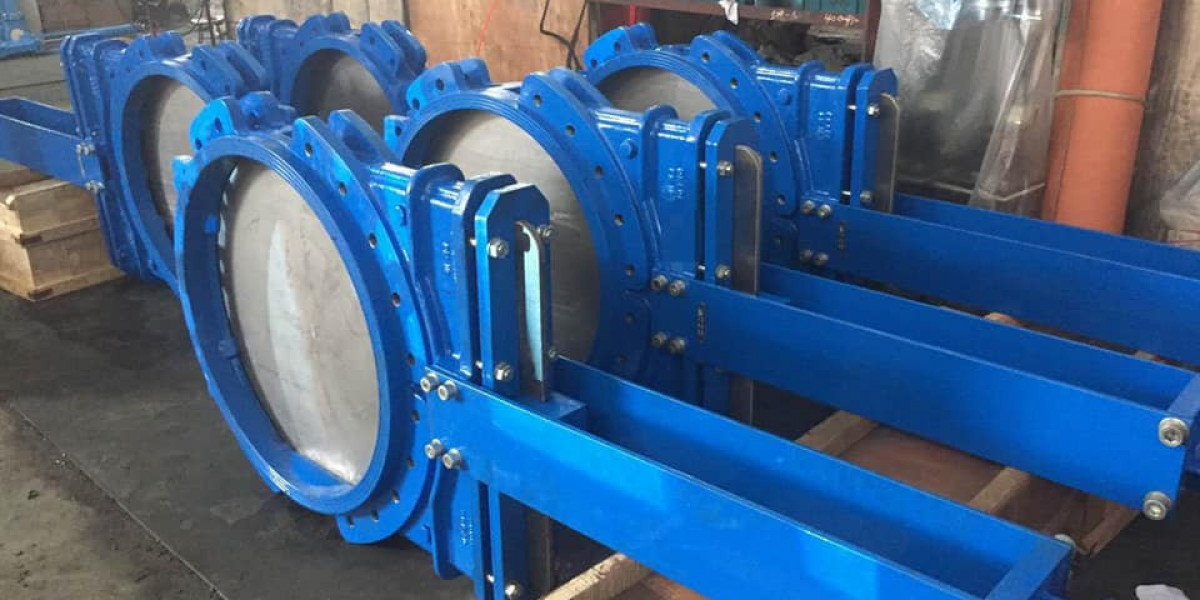Science and technology are two intertwined disciplines that have fundamentally transformed the way we live and interact with the world around us. From medicine to transportation, communication to energy, the advances in science and technology have led to significant improvements in our quality of life and the ability to tackle some of the world's most pressing challenges.
Science, at its core, is the study of the natural world through observation and experimentation. It is the systematic investigation of the physical and natural phenomena that govern our world. Science seeks to develop explanations and predictions for natural phenomena, from the smallest subatomic particles to the vast expanses of the universe.
The scientific method, the cornerstone of modern science, is a systematic approach to acquiring knowledge that involves observation, hypothesis generation, experimentation, and data analysis. The scientific method has enabled us to uncover many of the mysteries of the natural world and develop a deeper understanding of the universe around us.
Technology, on the other hand, is the application of scientific knowledge for practical purposes. It involves the design, development, and use of tools, machines, and systems to solve problems and improve the quality of life for humans. Technology has enabled us to do things that were once thought impossible, from landing on the moon to connecting people from different parts of the world in real-time.
The relationship between science and technology is symbiotic, with each field influencing and driving the other. Scientific discoveries often lead to the development of new technologies, while advances in technology can open up new avenues for scientific inquiry.
One area where science and technology have had a significant impact is medicine. The development of antibiotics, vaccines, and other life-saving treatments has revolutionized the field of medicine, saving countless lives and improving the health and well-being of people around the world. The use of advanced imaging technologies, such as MRI and CT scans, has enabled doctors to detect and diagnose diseases and injuries with greater accuracy and precision than ever before.
Similarly, advances in transportation have made it easier and faster to travel around the world. From the invention of the wheel to the development of airplanes and high-speed trains, technology has made it possible for people and goods to move from one place to another with unprecedented speed and efficiency. This has not only facilitated trade and commerce but also enabled people to connect with others from different cultures and backgrounds, broadening our understanding of the world.
In the realm of communication, technology has transformed the way we interact with each other. The development of telephones, radios, and television allowed people to communicate and exchange information across great distances, while the internet and social media have brought people together in ways that were once unimaginable. Today, people can connect with each other instantaneously, regardless of their location, thanks to the power of technology.
Another area where science and technology have had a profound impact is energy. The invention of the steam engine and the internal combustion engine paved the way for the industrial revolution, while the development of renewable energy sources, such as solar and wind power, offers a sustainable alternative to traditional fossil fuels. Advances in battery technology and energy storage have also made it possible to store and distribute energy more efficiently, reducing our dependence on traditional energy sources.
However, the relationship between science and technology is not always positive. While technology has the power to transform our world for the better, it can also have unintended consequences. The use of fossil fuels, for example, has led to environmental degradation and climate change, while the proliferation of social media has led to issues such as cyberbullying and the spread of misinformation.
Therefore, it is important to ensure that scientific discoveries and technological innovations are developed and used in a responsible and ethical manner. This requires a deep understanding of the potential impacts of new technologies and a commitment to ensuring that they are developed and deployed in ways that promote social, economic, and environmental sustainability.







